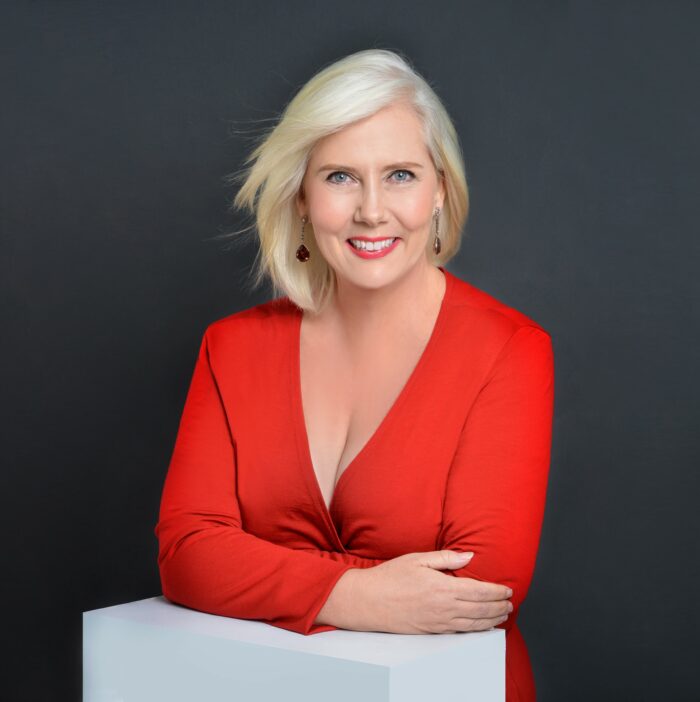Accelerating sustainability: ESG and the roles of the CHRO

The ESG Institute was officially launched in Singapore in February 2023, with the goal of accelerating sustainability in Asia.
With sustainability emerging as a defining challenge for people and businesses alike, employers who lack clear Environmental, Social, and Governance (ESG)-based sustainability plans will find it increasingly challenging to attract and retain top talent.
Therefore, it is in the best interests of organisations to use ESG as a business action framework for sustainability, said Joanne Flinn, Chairwoman of the ESG Institute.
Speaking exclusively to HRM Asia, she said, “To help executives, leaders and teams take swift and effective ESG action, the ESG Institute provides business-focused sustainability masterclasses along with practical frameworks and pragmatic sequencing of what to do next. This means that as a leader, your business can move forward faster and your people will see you as an active inspiration.”
Officially launched in Singapore in February 2023, the ESG Institute was established to provide leaders and teams in Asia with a better understanding of ESG and what is needed in Asia.
Aligned to the UN Sustainable Development Goals of 2030 and 2050, Flinn revealed that over the next 12 months, the ESG Institute will welcome new offices in Thailand, Indonesia, and Malaysia, offering over 10,000 masterclasses to help accelerate sustainability in the South-East Asia region.
She added, “Over the next year, leaders will be able to use the sustainability ESG maturity model as a practical framework to benchmark where their organisation is and identify what to do next. Our founding members are rolling out ESG masterclasses so that their organisations are equipped to make better decisions and put sustainability into action.”

“Over the next year, leaders will be able to use the sustainability ESG maturity model as a practical framework to benchmark where their organisation is and identify what to do next.” – Joanne Flinn, Chairwoman of the ESG Institute.
“They are identifying places to reduce costs, they are seeing new revenue opportunities, and best of all, their employee engagement ratings are going way up. This is good business, doing good, and together, we are creating the future and building it now.”
For organisations who are yet to embrace ESG, they are running the risk of incurring increased costs of funds, being left off supplier lists and being a less attractive proposition for the best talent, Flinn cautioned.
“Getting started, getting it 80% right and with 20% rework as things become clearer beats doing nothing, and then having to do 100% later,” she said. “Delay will cost you more in clean up. More investment will be required in a shorter period with higher risk of failure. Delay is a lost opportunity for new markets and compounding growth. Delay is more cynicism and disengagement in your people.”
The 5 Ps for creating a successful ESG strategy
With ESG increasingly impacting human capital management, as well as long-term profitability and sustainability, leaders who proactively embrace ESG can bring energy, alignment and a stronger sense of purpose to their organisation.
A successful ESG strategy, Flinn added, also equates to a successful business strategy because it creates growth and resilience and demonstrates leadership with a spirit of adventure.
Drawing on her best-selling book, Greensight, the Sustainability Guide for Company Directors, Flinn offers a framework and sequence for accelerating action and transition to sustainability.
Pledge: Set a clear ambition. Is it net zero? Is it doing the right thing across ESG? Is it only one or two elements of sustainability?
Plan: Chart your strategy for getting there. What opportunities can you uncover? Where are you falling behind? What is your organisation’s ESG maturity?
Principles: Choose your mindset. Sustainability is also a culture change. What values will you need for success?
Progress: Take action. What is the next step? What needs to be adapted? Who do you need to collaborate with to accelerate?
Prove: Measure your progress. What Key Results Areas (KRAs) matter? What data do you need to make sure you are getting there? How will you help your organisation stay current in this fast-moving topic?
“At each stage, engage stakeholder in the organisation,” Flinn advised. “You’ll find some people will be active and will want to be involved in creating. Others will appreciate being a bouncing board and add constructive perspective. Others will follow when what’s needed of them becomes clearer.”
HR Tech Festival Asia 2023 shines a spotlight on ESG
With more and more ESG conversations being initiated across all walks of society, it would appear that organisations are also walking the talk when it comes to taking action.
According to the ongoing State of Sustainability Survey, 57% of respondents are seeing transition measures actively implemented by top leadership in their organisation in 2023, compared to 45% in 2022.
Investment rules and priorities have also shifted, with 44% of respondents saying that sustainability and environmental impact are as important as financial returns, an increase from the 26% in 2022.
To get more insights into the survey results, join Flinn at HR Tech Festival Asia 2023, where she will be conducting an exclusive CHRO Exclusive Workshop: ESG and The Roles of the CHRO on May 11, from 12-12.40pm (SGT).
Inviting CHROs to join her at HR Tech Festival Asia 2023, Flinn said, “I believe that HR is the secret sauce to sustainability and the future of business. At the ESG workshop, I’ll be sharing the latest results from the State of Sustainability Survey and I invite you to contribute to this.”
“With the most recent data, we’ll get to work on what HR priorities need to be to not only respond to sustainability pressures, but to use it as a tool to uplift, inspire, and engage our people. I look forward to seeing you in Singapore, to share more and together, accelerate sustainability.”



